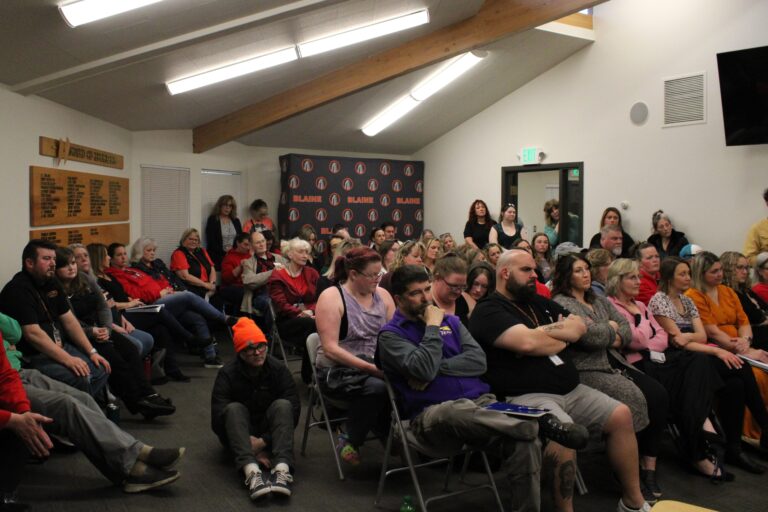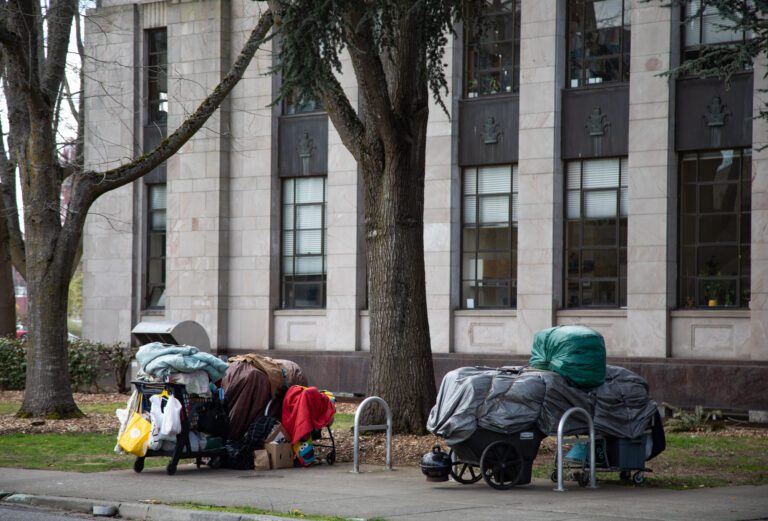A recent U.S. Supreme Court decision has upended tribal sovereignty in the United States, and may have major implications in Indigenous communities around Washington.
The case, Oklahoma v. Castro-Huerta, addresses state power over Native lands. In the case, the state of Oklahoma sought jurisdiction over the prosecution of Victor Manuel Castro-Huerta, a non-Native man, with charges relating to child neglect of his Native stepdaughter.
In a 5-4 ruling, court justices ruled the “Federal Government and the State have concurrent jurisdiction to prosecute crimes committed by non-Indians against Indians in Indian Country,” according to the opinion, authored by Justice Brett Kavanaugh.
“As a matter of state sovereignty, a State has jurisdiction over all of its territory, including Indian Country,” Kavanaugh wrote.
Leaders from local tribes, including the Tulalip Tribe, have expressed concern over the ruling.
On June 30, members of the Tulalip Tribal Council authored and signed a letter to their community, criticizing the ruling and urging Tribe members to vote in coming elections.
“We received … a blow when the Supreme Court overturned 200 years of case law and ruled that states have concurrent jurisdiction over crimes committed by non-natives against Indian people on Indian land,” they wrote. “Will the Supreme Court decide tribes were not meant to govern ourselves? Will they cherry-pick some precedent that says tribes are not governments, while ignoring the vast majority of decisions reaffirming our sovereignty? Overturn the Boldt Decision?”
The Boldt decision, an unexpected federal ruling in 1974, was a landmark tribal-sovereignty case that affirmed treaty rights and allocated half of the annual harvestable salmon catch entering Washington state waters to treaty tribes. Twenty years later, the decision was extended to shellfish harvests.
The recent Supreme Court decision also reversed a precedent dating back nearly two centuries.
In 1832, the Supreme Court’s decision in Worcester v. Georgia ruled tribal lands were separate from state jurisdiction, granting sovereignty to local tribes. Kavanaugh disagreed, and the court’s June 29 decision reversed the 190-year-old ruling.
“The Worcester-era understanding of Indian Country as separate from the State was abandoned,” he wrote.
Justice Neil Gorsuch authored a dissenting opinion, arguing that Worcester v. Georgia established tribal sovereignty.
“Where this court once stood firm, today it wilts,” Gorsuch wrote. “Truly, a more ahistorical and mistaken statement of Indian law would be hard to fathom.”
Washington Supreme Court Justice Raquel Montoya-Lewis expressed significant concerns with the decision, calling the ruling “a punch to the gut.”
“SCOTUS has made clear its repudiation of the work of tribal courts and tribal sovereignty,” she tweeted after the ruling was released. “Centuries of precedent ignored, new rules apply, forget what you’ve worked for over all your careers to protect your people.”
Montoya-Lewis is the first enrolled tribal member in the country to sit on a state Supreme Court.
Tribal leaders are concerned with how this decision may impact future sovereignty, but there are few answers as to how at this point in time.
“I don’t know the answer,” Montoya-Lewis added. “But as of today, I know what it feels like to have the highest court in the country tell us that the answer doesn’t really matter, because as a people, we don’t either.”



